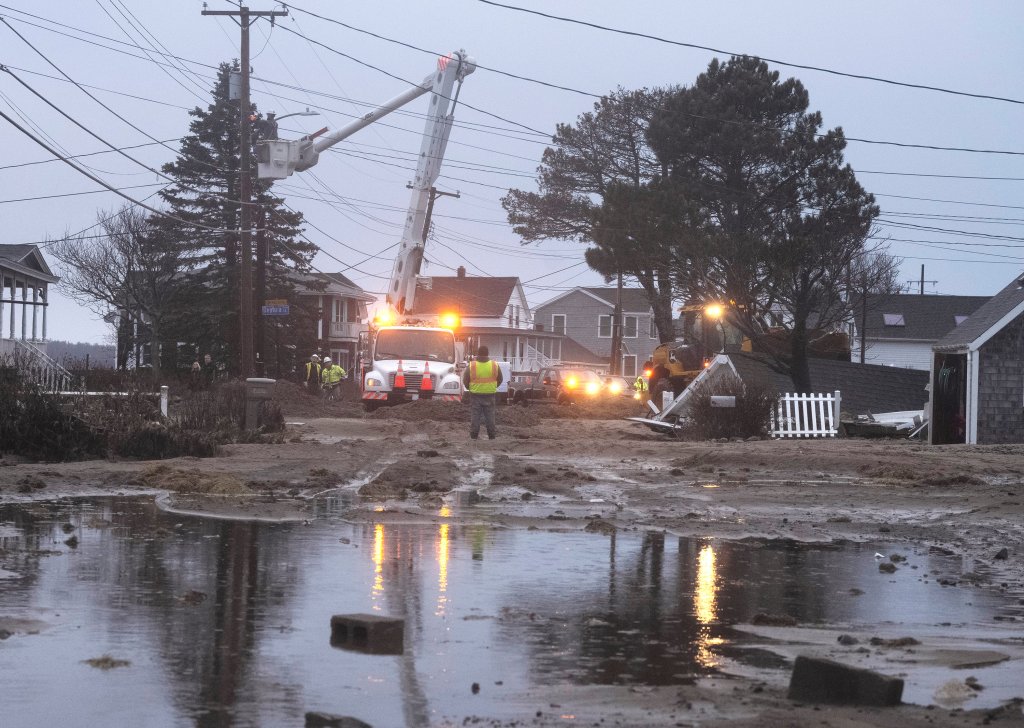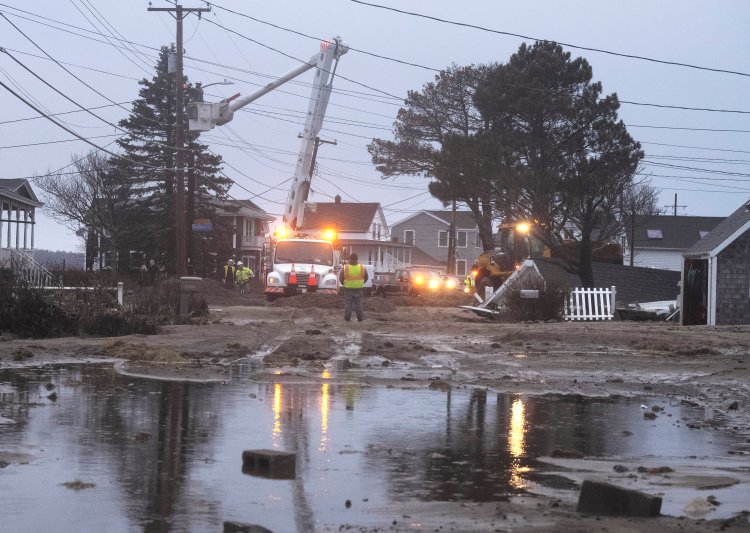On Tuesday, April 9, Gov. Janet Mills vetoed L.D. 2246, Rep. David Sinclair’s bill to prevent a petty theft from being classified as a lifetime felony under the “three strikes” bill. In her veto message, Mills, our former attorney general, said she opposed the bill because “L.D. 2246 would make Maine an outlier among New England states.”
The truth is, Maine has a tragic history of being the outlier on many criminal justice issues affecting basic human rights, a condition that exists to this day. Consequently, it’s ironic the governor chose those words; as if Maine shares the values of our neighboring New England states.
“Outlier” is a term I used to describe Maine in multiple testimonies while I served in the House, on the Judiciary Committee, while pleading with my colleagues to help us to join our New England neighbors.
Gov. Mills opposed and obstructed my proposal for the restoration of parole, a policy in place in all other New England states. Here, Maine is the outlier. All other New England states have policies in place to allow for second chances and redemption. And in 2022, the Supreme Court of our neighbor to the north, Canada, ruled life sentences without parole unconstitutional. Many of our incarcerated residents entered prison when they were between 18 and 21 years old. Twenty years later, they have worked hard in prison, earned college degrees, held themselves accountable and redeemed themselves. In the five other New England states, this leads to a second chance, parole. Not in Maine, where, regardless of what one does to atone, they will rot away in prison.
Gov. Mills has obstructed inherent sovereignty for our Native American nations. All other New England states recognize this doctrine. Once again, Maine is the outlier. And I think it’s about time that the Tribes and the governor recognize that the crumbs achieved with recent legislation will never make a cake.
Maine is again the outlier when it comes to police use of deadly force. In fact, Maine’s record stands at 193-0, all justified – even in cases where the deceased was unarmed and shot in the back by police while running away in fear. In 2021, USA Today and the Washington Post published a database of fatal police shootings per million residents during the past 6 years. Maine had 22; Vermont, 18; New Hampshire, 14; Massachusetts, 7; Connecticut, 6; Rhode Island, 4. Mills’ tenure at the attorney general’s office maintained this disturbing outcome. Zero is an operative number, Gov. Mills. It means justice is not possible in Maine.
This zero-based justice outcome does not stop with police violence. According to the New England Innocence Project, “Maine (has) the distinction of being the only U.S. state without a felony exoneration, a statistic that should be a matter of great concern to all who live in Maine, not just those involved in legal work.” Then-Attorney General Mills’ collaboration with Deputy Attorney General Lisa Marchese to thwart Innocence Project efforts to free the innocent is a well-documented disgrace. In this case, once again, Maine is a national outlier.
The Prison Policy Initiative gives Maine an F-minus for its parole and prison release systems, dead last in the nation. It’s not easy to get an F-minus, but we managed it.
The instances I stated are more than three. Three strikes and you’re out. The governor’s use of specious language is belied by the facts: Maine leads New England and the nation as the outlier – the way life shouldn’t be.
« Previous
Next »
Related Stories






























Invalid username/password.
Please check your email to confirm and complete your registration.
Use the form below to reset your password. When you’ve submitted your account email, we will send an email with a reset code.